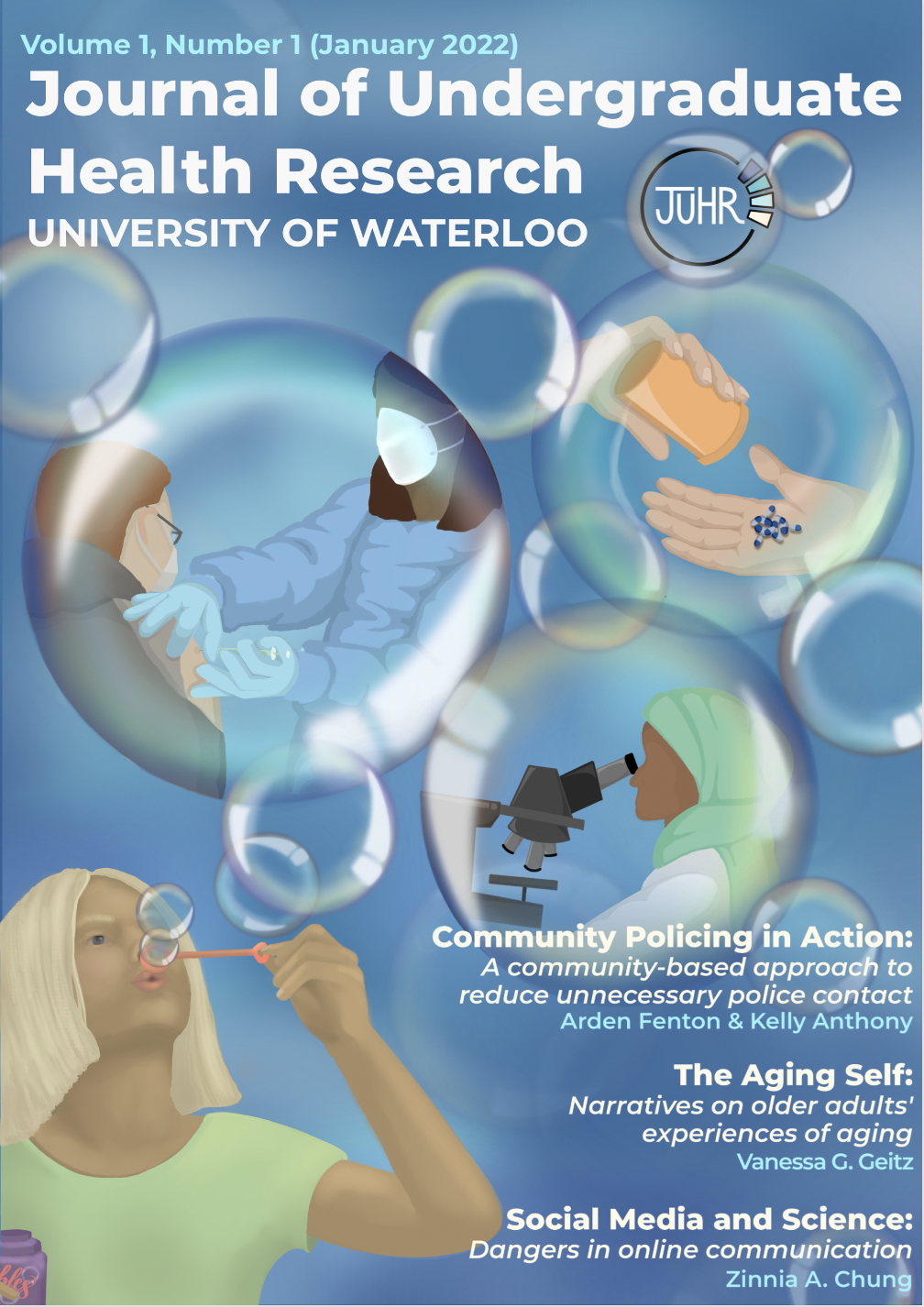Community policing in action
Evaluating the Waterloo Region Police Service’s Community Resource Officer Program (Phase 1)
DOI:
https://doi.org/10.15353/juhr.v1i1.January.4673Keywords:
Community Policing, Police Diversion Programs, Social Services, Program Evaluation, Community Systems, Mixed MethodsAbstract
The Waterloo Regional Police Service’s Community Resource Officer (CRO) program is a 911 call diversion program that redirects high-need individuals from traditional policing towards a specialized police unit. This unit was designed to decrease incidents reported by services and community members by connecting program users to existing community services. Through conducting an impartial evaluation, this study hopes to determine the CRO program’s effectiveness and improve the CRO program and its utilization of associated programs. This study will perform and analyze interviews of stakeholder opinions and feedback and create a program logic model for future program development and evaluation.Interviews were conducted with 12 CROs and five social service employees. To determine the effectiveness of the program, a second phase of the study will be required which will include program user opinions and quality indicator development. Based on phase one interviews, a logic model was created, and strengths and weaknesses were analyzed. Program strengths include connections to services, access to the target population and adaptability. Some program weaknesses include low community awareness, low resources for community needs, and vague roles/responsibilities. These weaknesses can be resolved through external publishing, increasing resources, formalizing the program, and additional training.
Downloads
Published
Issue
Section
License
Copyright (c) 2022 Arden Fenton, Kelly Anthony

This work is licensed under a Creative Commons Attribution 4.0 International License.

